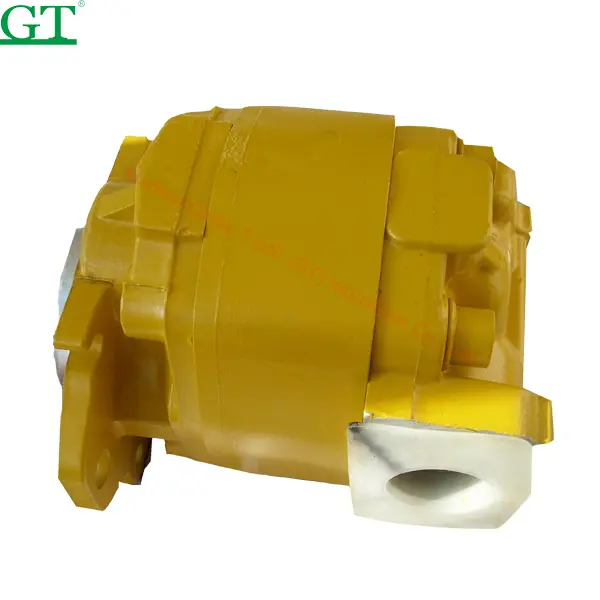How does a hydraulic mini excavator parts differ from a mechanical one?
Hydraulic mini excavator parts and mechanical mini excavator parts differ primarily in their operation and the components involved in controlling the excavator’s movements.
Here’s a comparison of the two:
- Operating Principle:
- Hydraulic Mini Excavator: Hydraulic mini excavators utilize hydraulic fluid to transfer power from the engine to the various hydraulic components, such as cylinders, motors, and valves. The movement of these hydraulic components controls the operation of the excavator’s boom, arm, bucket, and other attachments.
- Mechanical Mini Excavator: Mechanical mini excavators rely on mechanical linkages, cables, and levers to control the movement of the excavator’s components. Instead of hydraulic fluid, mechanical excavators use direct mechanical force to operate the boom, arm, bucket, and other attachments.
- Control System:
- Hydraulic Mini Excavator: Hydraulic excavators have a complex hydraulic control system consisting of hydraulic pumps, valves, cylinders, and hoses. The operator controls the excavator’s movements by manipulating hydraulic controls, such as joysticks or pedals, which regulate the flow and pressure of hydraulic fluid to the various hydraulic components.
- Mechanical Mini Excavator: Mechanical excavators have a simpler control system that relies on mechanical linkages and levers to control the movement of the excavator’s components. The operator manually operates levers or pedals, which are connected to the mechanical components, to control the boom, arm, bucket, and other functions.
- Flexibility and Precision:
- Hydraulic Mini Excavator: Hydraulic excavators offer greater flexibility and precision in operation compared to mechanical excavators. The hydraulic system allows for variable speed and precise control of the excavator’s movements, enabling operators to perform delicate tasks with accuracy.
- Mechanical Mini Excavator: Mechanical excavators may have limited flexibility and precision compared to hydraulic excavators. mini excavator parts suppliers The mechanical control system may not provide the same level of fine-tuned control, making it less suitable for tasks that require precise movements or operating in confined spaces.
- Maintenance and Repair:
- Hydraulic Mini Excavator: Hydraulic excavators require regular maintenance of hydraulic components, such as filters, hoses, and seals, to ensure proper operation. Hydraulic systems are more complex and may require specialized knowledge and equipment for maintenance and repair.
- Mechanical Mini Excavator: Mechanical excavators generally have simpler mechanical components that may be easier to maintain and repair compared to hydraulic systems. Maintenance tasks may involve lubricating moving parts, adjusting linkages, and replacing worn components.
- Cost and Availability:
- Hydraulic Mini Excavator: Hydraulic excavators tend to be more common and widely available in the market compared to mechanical excavators. However, they may have a higher initial cost due to the complexity of the hydraulic system and components.
- Mechanical Mini Excavator: Mechanical excavators may be less common and more limited in their availability compared to hydraulic excavators. They may also be less expensive to purchase initially, but ongoing maintenance and repair costs should be considered.
In summary, hydraulic mini excavator parts and mechanical mini excavator parts differ in their operating principles, control systems, flexibility, precision, maintenance requirements, and cost. The choice between hydraulic and mechanical excavators depends on factors such as the specific application, operator preference, and budget constraints.

